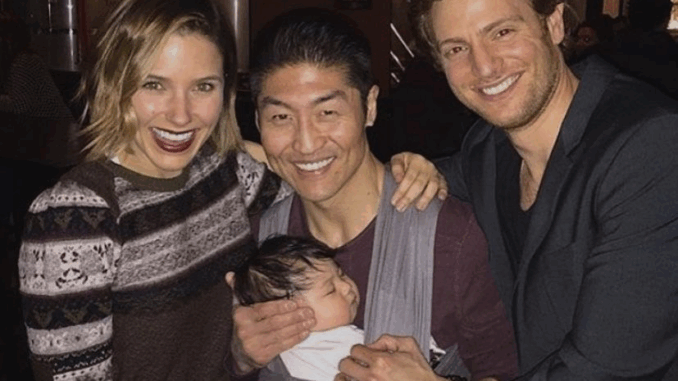
Season 12 of Chicago P.D. ended not with a bang—but with a whisper. And for many fans, that was the most shocking twist of all.
In a franchise known for high-stakes chases, shocking betrayals, and shootouts in every finale, P.D. made a bold choice: to end on a slow, emotionally loaded sequence where Hank Voight, the hardened leader of Intelligence, finally breaks down.
No arrests. No explosions. Just Voight—alone in his office, staring at the empty board where his latest case fell apart. The silence was deafening.
So why did it hit so hard?
The case had involved a young confidential informant, Danny, whom Voight had taken under his wing. The parallels to Justin, Voight’s late son, were painfully clear. Voight pushed Danny into dangerous territory, believing he could protect him. But when Danny ended up dead in a warehouse deal gone wrong, something inside Voight shattered.
The finale’s final five minutes show him replaying voice messages from Danny, his face motionless—until his eyes fill with tears. Then, for the first time in over a decade on-screen, he cries. Alone. Quietly.
Some fans praised the moment as groundbreaking. “This is the raw, real Voight we’ve been waiting to see,” one wrote. “He’s not a machine. He’s a man haunted by every loss.”
But others weren’t so sure.

The season had already seen two key team members—Burgess and Upton—injured and emotionally drained. Fans expected retaliation, action, some kind of explosive conclusion. Instead, they got grief.
“After everything, we get a monologue and silence?” another fan tweeted. “This feels like a mid-season breather, not a finale.”
Showrunner Gwen Sigan later defended the decision, saying, “We wanted to take the audience into Voight’s mind. For once, he couldn’t fix it. For once, his strength wasn’t enough.”
Behind the scenes, it’s rumored that Jason Beghe (Voight) pushed for the subtle ending, hoping to explore his character’s internal struggle more deeply. “We’ve seen him kill. We’ve seen him cover up. But have we seen him fall apart?” he reportedly asked during a writers’ meeting.
Whether viewers loved or loathed the finale, it did something rare: it left them unsettled. And for a character as unshakable as Voight, that in itself was revolutionary.